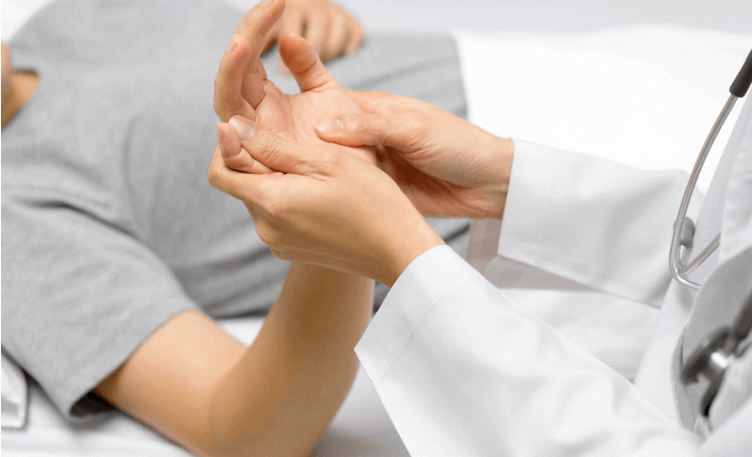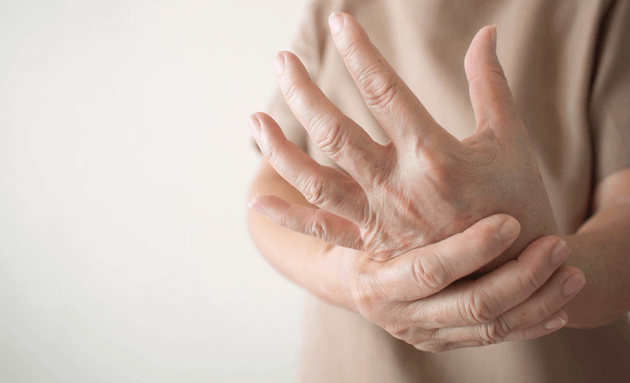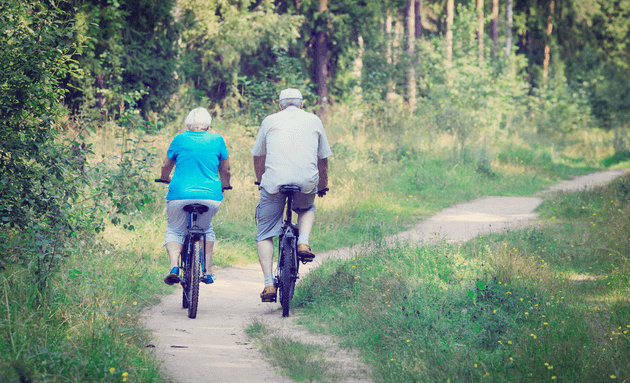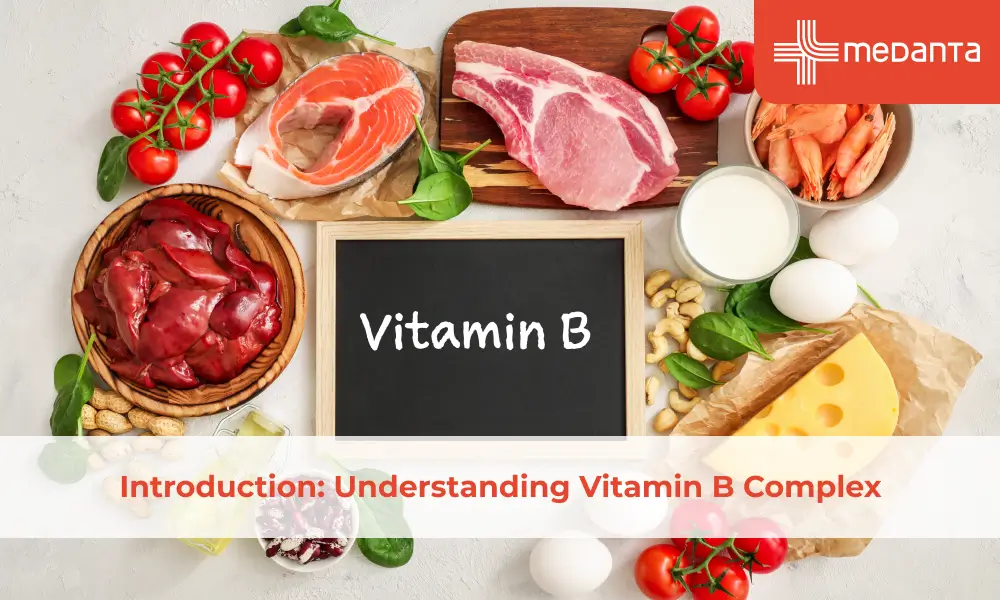Hypothyroidism: What Are The Treatment And Causes Of Joint Pain

Hypothyroidism is a condition in which your thyroid gland (a small butterfly-shaped gland) that is responsible for regulating your metabolism, does not produce enough thyroid hormones needed by the body. It is called an ‘underactive thyroid’, and can lead to a host of health problems.
It can be caused due to multiple reasons such as an iodine deficiency for a long period of time, exposure to radiation therapy, or certain medications for other health conditions
India has more than 42 million people living with some form of thyroid disorder. Although it is an easy-to-treat condition, most people don’t recognise it until much later when symptoms such as sudden fatigue or hoarseness of the voice begin to appear.
Could Joint Pain Also Be a Sign of Hypothyroidism?
[caption id="attachment_12117" align="alignnone" width="752"] thyroid joint pain | Medanta[/caption]
thyroid joint pain | Medanta[/caption]
What is Thyroid Joint Pain?
Your thyroid gland secretes a hormone (Thyroxine) that controls your metabolism, which is the body’s way of converting the food you eat into energy. People with an underactive thyroid (hypothyroidism) have less of Thyroxine (T4) hormones, which can directly affect the strength of your muscles and cause injury or functional impairment.
People who have uncontrolled hypothyroidism can also experience swelling in their joints, caused due to a fluid buildup due to slowed metabolism, that can cause joint pain.
Are You at Risk of Joint Pain from Hypothyroidism?
Every 1 in 10 Indians suffers from hypothyroidism. It is especially common in women between the ages of 35 and 65. The symptoms of hypothyroidism can vary from person to person, and usually starts with fatigue and weight gain. However, hypothyroidism is not easily detectable until more symptoms appear.
Can Joint Pain from Hypothyroidism Be Serious?
[caption id="attachment_12118" align="alignnone" width="630"] who is at risk of thyroid joint pain | Medanta[/caption]
who is at risk of thyroid joint pain | Medanta[/caption]
Very rarely, hypothyroidism can lead to serious joint or muscle damage. However, there are certain conditions that can lead to significant damage:
- Hoffman’s Syndrome: In this condition, a person will develop diffuse muscle hypertrophy, commonly called described as enlarged muscles, that can lead to muscle stiffness, pain, and weakness.
- Rhabdomyolysis: In this condition, the muscles break down quickly, and is often caused by hypothyroidism combined with rigorous physical exercise, or due to cholesterol-lowering medications.
How Can You Manage Thyroid Joint Pain?

Hypothyroidism is usually accompanied by joint pain and muscle weakness. However, there are certain ways to manage this pain and lead an almost-normal lifestyle:
- Try low-intensity exercises like swimming, walking, riding a cycle, or aerobic exercises.
- Engage in muscle-strengthening exercises such as lunges, squats, and leg lifts to facilitate weight loss and ease joint pain.
- Practice yoga for postural alignment and muscle strength that will in turn help take all the pressure off your joints and ease the pain.
- Follow a healthy diet rich in antioxidants and vitamins such as citrus fruits, strawberries, nuts and seeds, sweet potatoes, and broccoli.
Joint pains caused by hypothyroidism can be easily managed with thyroid normalisations. In the meanwhile, coping strategies include massages, warm water baths, and gentle exercises.
Nevertheless, there are other medical conditions that cause joint pain like Rheumatoid Arthritis. It is advisable to seek medical consultation to determine the exact cause of your joint pain.






